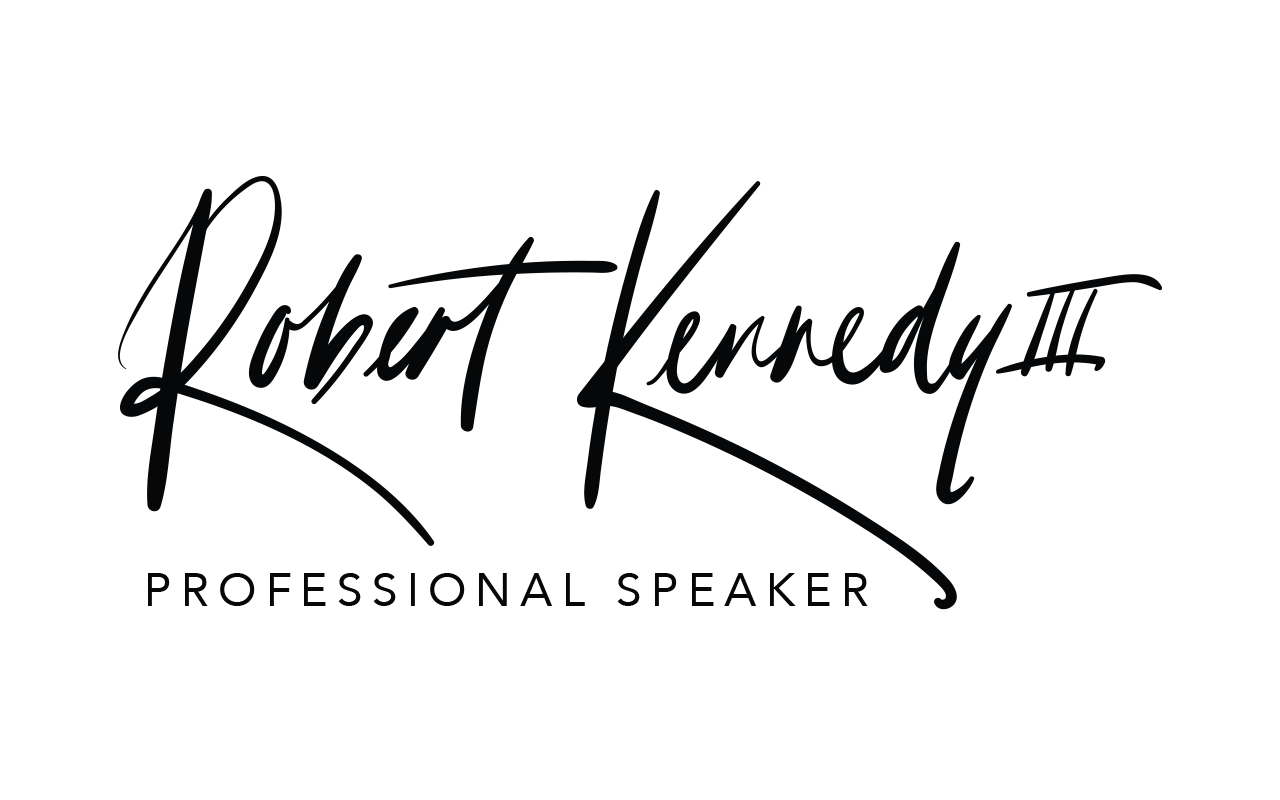 It was an important roll-out. The team had spent weeks putting together the timelines, the assets, and answering all the questions they could think of. Now, the only thing left was presenting it to senior management. The team chose Sarah, the person who knew the most about the proposed system, to present the idea.
It was an important roll-out. The team had spent weeks putting together the timelines, the assets, and answering all the questions they could think of. Now, the only thing left was presenting it to senior management. The team chose Sarah, the person who knew the most about the proposed system, to present the idea.
There was one problem, however. Sarah was scared out of her mind. And when she went into the room to present, it showed. She fumbled with her clicker and her papers. Her sentences rambled. The red showed clearly on her face.
When she left the room, she broke down in tears because she had blown it.
Maybe every presentation isn’t high stakes or this dramatically terrible. But, this is a true scenario more often than most companies would admit. Whether it’s a high stakes sales presentation, new business pitch, or laying out a new strategy, the success of the business is dependent upon influence. This means confident, clear and credible presentations.
So, why do many companies fail at this? In some cases, training exists. But, rather than interactive, performance-based training designed for muscle memory, the participants sit in a room answering questions and taking notes. While this may fill the quota, it doesn’t improve the skill set or give better results. Employees need to know how to present more than just information. They also need to know how to access their innate abilities to tell stories, influence and connect effectively.
There are many reasons why training in public speaking and presentation skills is important for any organization. But, I will share 5 top considerations:
1. It makes them better at selling.
Your company sells a product or a service. While you hire salespeople hired to win new business, internally, teams need to influence each other and/or management to create more efficiency. Ironically, many salespeople lack training on HOW to present. Rather, they are told WHAT to present. Customers connect to the WHO and the WHY first before they will connect to the product. In an article on redesigning the auto industry, Jamie LaReau, predicts we will need product presenters rather than salespeople.
While the outcome may be sales and revenue related, in order to get there, presenters must have the ability and skill to connect.
2. Finding a hidden company/department spokesperson.
The person who presents is quite often the person who knows the most or the person who is the least scared. Not very good criteria. Is everyone equally skilled at presenting? Is that even possible? Maybe not. But, with the right training, you will find a diamond or two in the rough.
I presented for a company recently and one participant mentioned she rarely presented because she was always told how soft-spoken she was. She believed this was a hindrance to her presentation. But, when we began working on what she could do to connect with her audience using her already built in superpower, she came to life. Her thoughts were crystal, and she became animated about her content. Soon after the workshop, I received an email from her team proclaiming her the official department presenter. Her ‘soft-spokenness’ was an asset used to help her audience lean in. And she actually learned to project better because she was now more confident in her skills.
3. Improve employee confidence.
More confident employees are more decisive employees. Decisive employees are willing to take more risks and in an age where innovation is a must, risk-taking is a leadership mandate. But when employees are not sure whether their voices can be heard, the confidence factor decreases. So, when an organization says, “Hey there, here is a way you can increase the likelihood of your voice being heard and also upgrade your influence,”, employees tend to listen.
Public speaking and presentations give immediate feedback from a captive audience. While much of the immediate feedback is non-verbal, it is still impactful enough to make a difference. Imagine an employee who feels like she can communicate effectively with c-suite and entry-level alike. This is a confident employee who knows that her words and how she presents them can make a difference.
4. Establish authority, improve reputation and credibility.
A well-prepared presenter can establish rapport, authority, and expertise with an audience, large or small. But, a company with well-prepared presenters, plural, establishes itself as a company who identifies great talent and also equips its people to be passionate about its products.
As a child, I remember vacuum cleaner salesmen coming through my house quite a bit. The products were always good, and they seemed to do amazing things. However, we never purchased…until the 3rd time a specific company came to us. We’d seen the presentation twice before but we took special note of how the company armed its presenters. My dad was a pastor and so he had a special affinity for well-presented messages. This company was consistent with the excellence of presentation and we paid nearly $1000 in the 80’s for a vacuum cleaner.
Did my parents buy only because the presenters spoke well? Maybe not. But, they gave us a glimpse of the product quality by showing us the care they took in their presentations.
5. Increase retention.
Employees need…no, they EXPECT their organizations to invest in their development. If their development needs are not being met, expect them to look elsewhere. Recently, I trained a department of an organization. Of the 10-12 people in the room, 4 confided they were secretly looking elsewhere because the company didn’t provide them any training. Until my workshop, some hadn’t received any training in the 2 years they had been employed. One mentioned how much he enjoyed the presentation and communication training. However, he wanted to make sure the managerial staff and the executives were also registered to take it.
His words were, “I know I’m getting better because of this. It says something if your workers are getting better but you’re not doing it as well.”
OUCH!
People want to get better and organizations benefit when they help their people get better. But, as Jim Collins mentions, organizations should go past good to great. A great organization which employs the right training will produce great employees and great results.
Learn more about 3C Presentation Training for your organization. Help your team present their ideas with confidence, clarity, and credibility.

